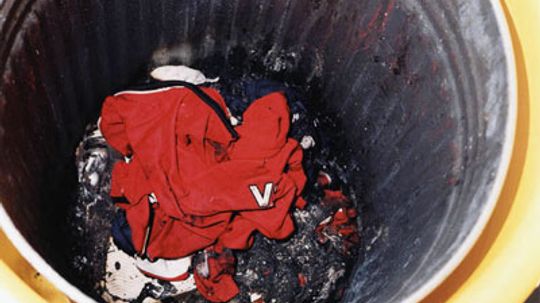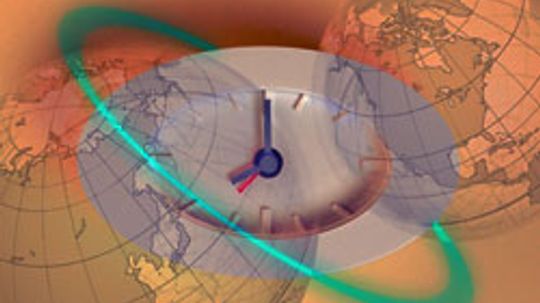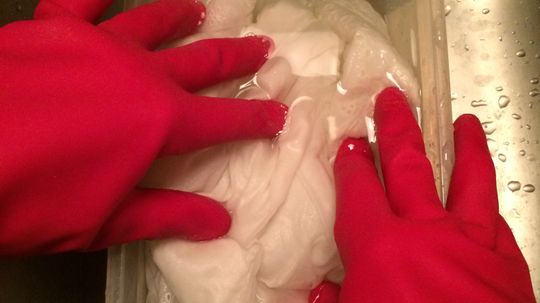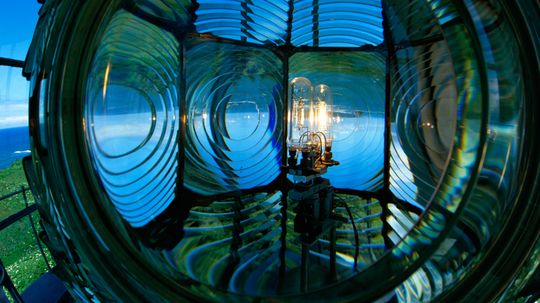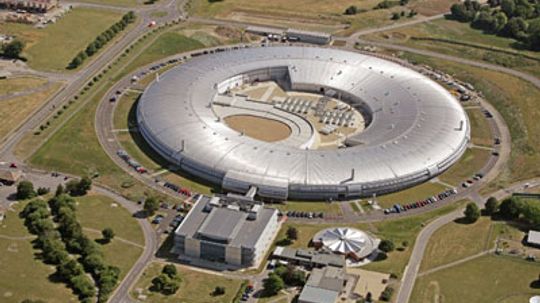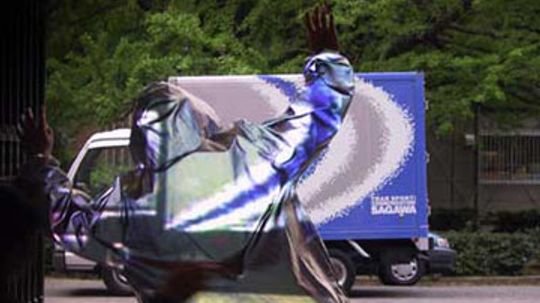Physical Science
Physical science is the study of the physical world around you. Learn about everything from electricity to magnetism in this section.

Brown Noise vs. White Noise: Which Is Best for Quality Sleep?

Can a sound wave kill you?

Can two cans and a string really be used to talk over a distance?

7 Types of Alcohol for Drinking, Cleaning and More

Understanding the Empirical Formula in Chemistry
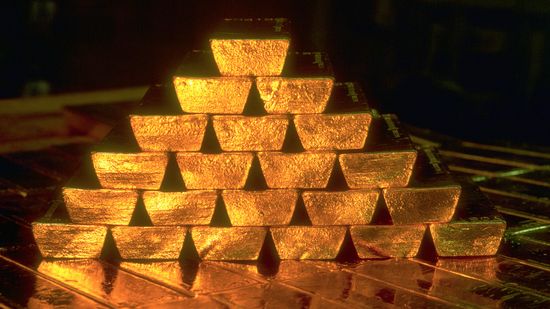
The Most Expensive Metal in the World Isn't Gold or Platinum

How Electricity Works
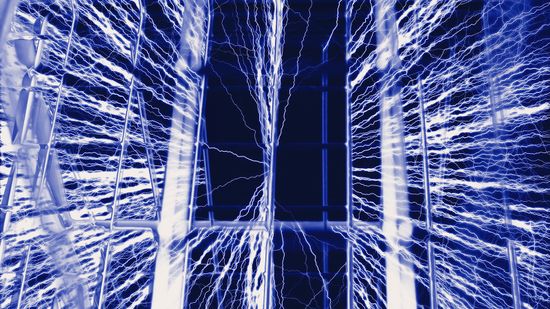
How Faraday Cages Work

How Gasoline Works
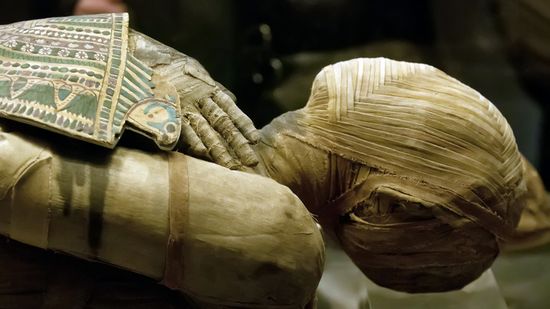
What Does Mummification Have to Do With Gene Hackman?
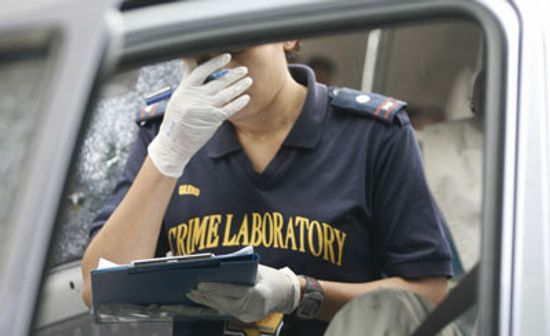
What do bugs have to do with forensic science?

5 Things You Didn't Know About Autopsies
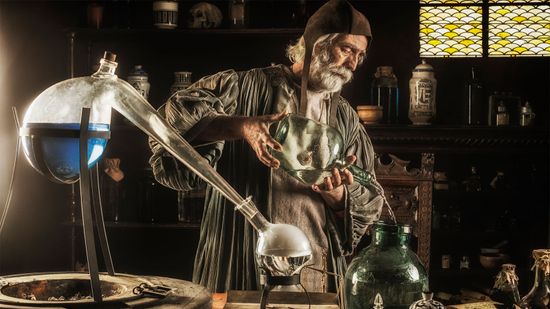
How Alchemy Paved the Way for Chemistry
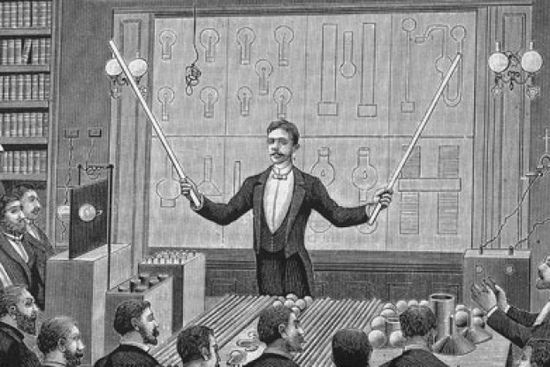
How did Nikola Tesla change the way we use energy?

Time May Not Exist, Say Some Physicists and Philosophers

Why Does Ice Stick to Your Fingers?
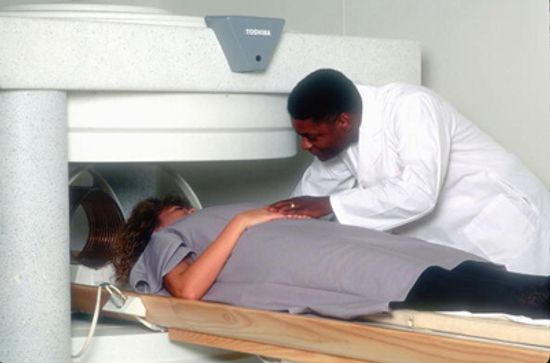
What if I forgot to remove a piercing before an MRI?
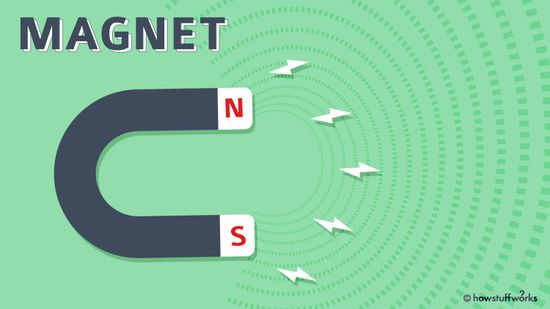
A Kid-friendly Introduction to Magnets and Magnetism

What's the Hardest Math Problem in the World? Try These 9

8 Types of Data That Inform Insights and Relationships
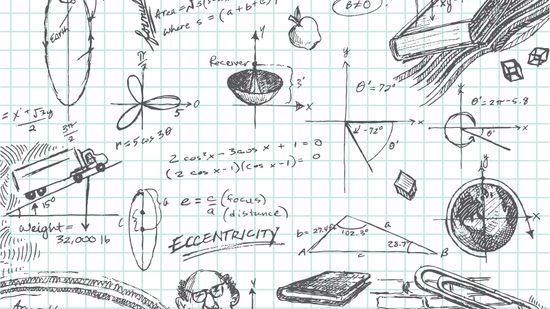
Congruent Angles: Definition, Symbol and Key Theorems

Tonnes vs. Tons: Metric vs. Imperial Measurements Strike Again

The Most Expensive Liquid Is 26,000x the Price of Human Blood
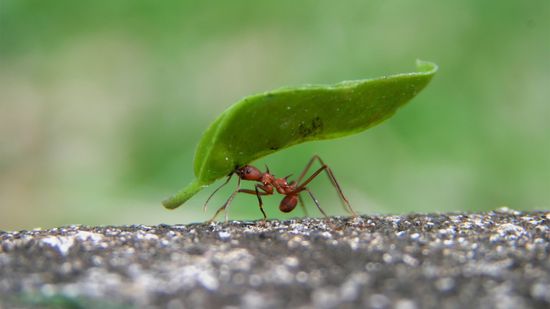
5 Hugely Fun Facts About Mass (Not Weight)

The Demon Core: A Tale of Atomic Ambition and Tragic Fate
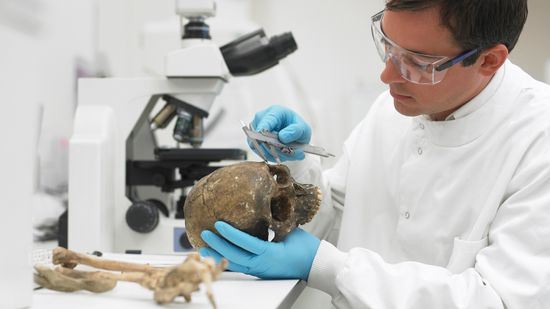
Half-Life Formula: Components and Applications
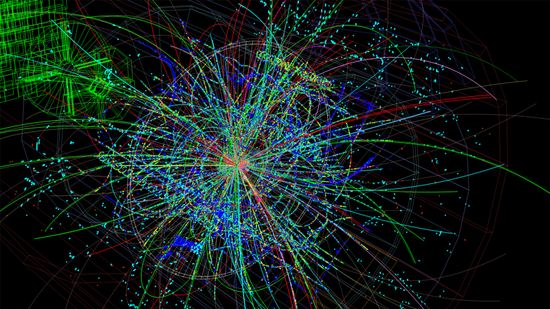
Could an 'X17 Particle' Hint at a Fifth Force in the Universe?

Why Are School Buses Yellow?

HowStuffWorks: How To Draw An Impossible Shape

What Are the Colors in the Visible Spectrum?
Learn More / Page 6
One of the most influential ideas in forensic science history is known as Locard's exchange principle. This simple, yet groundbreaking idea forever changed the way we fight crime. But who was Edmond Locard, anyway?
By John Fuller
Imagine walking through a field and stumbling upon scads of corpses, all in various states of decomposition. It's not the setting for your next nightmare, but rather a very real discipline of forensic anthropology.
By Tom Scheve
The Fibonacci sequence has been a numerical sequence for millennia. But what does it have to do with sunflower seeds or rabbits?
Advertisement
In the comics, radiation exposure turned an average man into a pea green and angry Incredible Hulk. But in reality, what can radiation do to those exposed? Is it always a villain?
By Debra Ronca
If the idea of being completely knocked out by a cocktail of drugs while doctors operate on you freaks you out, you're not the only one. But that's not what anesthesia is all about it - and it might scare you less if you understand how it works.
When the power goes out and is later restored, how do you know what time to set your clocks to? Have you ever wondered how time is regulated? Learn how scientists determine exact time.
About 90 percent of Americans consume some form of caffeine every day: It's our most popular drug by far. What's so special about this stimulant?
Advertisement
Helium balloons tend to fascinate adults and children alike (and it's not just the Donald Duck voice thing, though that is a big draw). Learn all about helium and why it floats!
Nuclear radiation can be extremely beneficial or extremely harmful -- it all depends on how it's used. Learn what nuclear radiation is all about.
Whether the circle is as big as planet Mars or as small as a tennis ball, the ratio of its circumference divided by its diameter will always equal pi (3.14). But why?
Helium is the second lightest element on the Periodic Table. How is helium created?
Advertisement
You may know a bit about polygraphs, but do you know which physical reactions it actually monitors?
The decibel scale measures sound based on human hearing, which makes it one of the most unusual scientific measurements. How are decibel calculated and what do they tell us about sound?
By Sascha Bos
I recently used chlorine bleach to clean the siding on my house, and I was amazed at how well it worked! What is bleach? How does it remove stains? Is the chlorine in bleach the same as the chlorine in drinking water or in swimming pools? Is chlorine safe to use?
By Yara Simón
Just how far can the human eye see? There's no exact formula to figuring it out, but we do have an idea.
Advertisement
I once saw this device shaped like a light bulb. It had a vertical support inside it, and on that support there were four vanes with four diamonds on the end. One side of the diamond was black and the other was white. I did a little research and found out that it was called a Crookes' radiometer -- how does it work?
I have a thin piece of plastic mounted on the back window of my RV. It magnifies things so I can see better when I'm backing up. How can such a thin piece of plastic magnify things? A regular glass magnifying lens would have to be curved on both sides and much thicker.
Bullet size is measured in calibers, but how are wires and nails measured? Learn about bullet size and caliber in this article.
Many ads for new clocks advertise their ability to automatically synchronize themselves with the atomic clock in Boulder, Colorado. This atomic clock is more precise because it uses the frequencies of atoms as its resonator.
Advertisement
Chemical formulas provide a concise explanation for reactions. In this article, we explain the formula for the reaction in a smoke detector.
When an airplane flies faster than the speed of sound, you hear a large booming sound. But how can something that seems so simple cause such a boom?
Radar is used to track storms, planes, and weapons and also to create topographic maps. Learn about radar, radar technology and Doppler shift.
The Diamond synchrotron is a massive facility that houses a beam of light 10 billion times brighter than the sun. But is that all it does?
Advertisement
Most of us have heard the talk about oysters and chocolate, and maybe you've read an article about the stimulating effects of ginseng. But garlic, licorice and cucumber? Learn about the history of aphrodisiacs and whether they've been proven to be effective.
An invisibility cloak seems perfectly believable in the magical world of Harry Potter, but in the real world, it's impossible, right? Not so fast.
